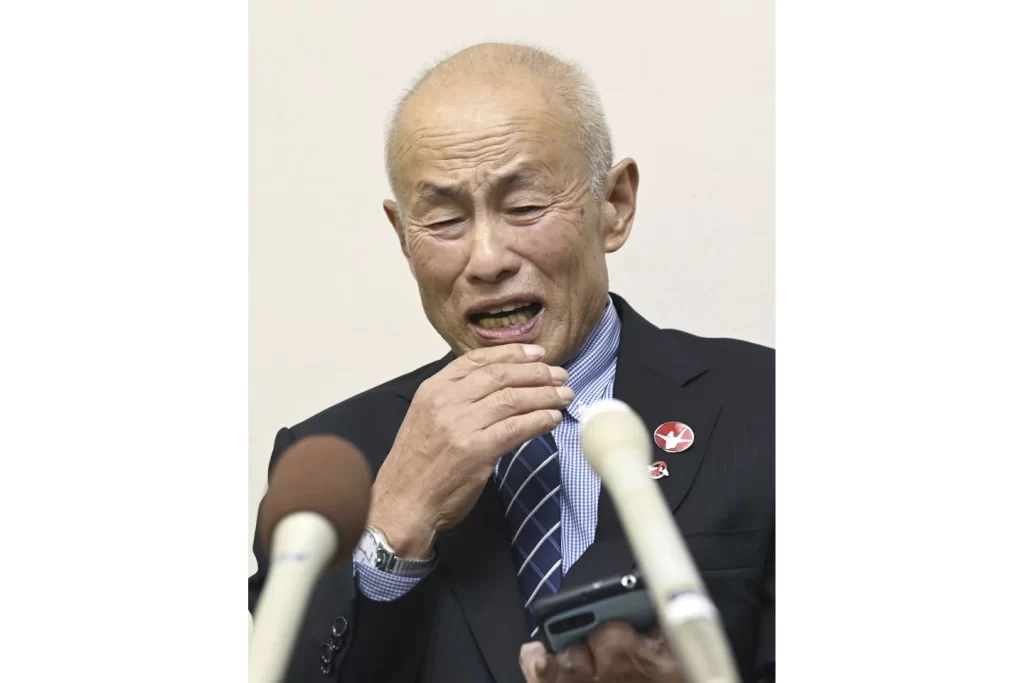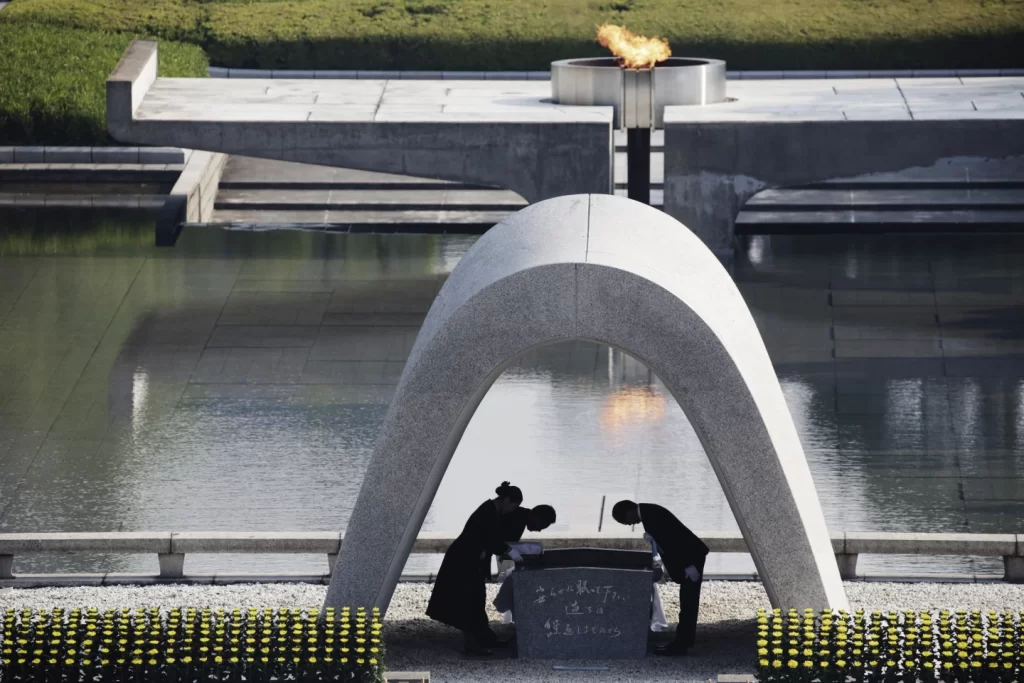The Norwegian Nobel Committee announced Friday that the 2024 Nobel Peace Prize has been awarded to Nihon Hidankyo, a Japanese organization comprised of survivors of the atomic bombings of Hiroshima and Nagasaki, for their tireless activism against nuclear weapons.

Jørgen Watne Frydnes, chair of the Norwegian Nobel Committee, emphasized the timely nature of the award, stating that the “taboo against the use of nuclear weapons is under pressure.” This comes amid growing concerns over recent shifts in nuclear doctrine, particularly referencing Russian President Vladimir Putin’s announcement last month that appeared to lower the threshold for potential use of Russia’s nuclear arsenal.
The committee’s decision aims to “honor all survivors who, despite physical suffering and painful memories, have chosen to use their costly experience to cultivate hope and engagement for peace,” Frydnes explained.
Tomoyuki Mimaki, chairperson of Hidankyo’s Hiroshima branch, expressed shock and joy upon hearing the news, exclaiming, “Is it really true? Unbelievable!”
This year’s award continues the Nobel committee’s tradition of recognizing efforts to eliminate nuclear weapons, following previous awards to the International Campaign to Abolish Nuclear Weapons in 2017 and Joseph Rotblat and the Pugwash Conferences in 1995.

The decision comes against a backdrop of ongoing conflicts in the Middle East, Ukraine, and Sudan, with Frydnes noting the alarming trend of nuclear threats damaging international norms.
EU Commission President Ursula von der Leyen praised the decision, stating on social media that “the spectre of Hiroshima and Nagasaki still looms over humanity,” and emphasizing the importance of Nihon Hidankyo’s advocacy.
The Nobel Peace Prize, as stipulated in Alfred Nobel’s will, is awarded for work promoting fraternity between nations, reduction of standing armies, and the promotion of peace congresses. This year’s prize carries a cash award of 11 million Swedish kronor ($1 million).
As global tensions continue to rise, with conflicts in Gaza, Ukraine, and beyond, the recognition of Nihon Hidankyo’s work serves as a powerful reminder of the devastating consequences of nuclear warfare and the ongoing need for disarmament efforts worldwide.


